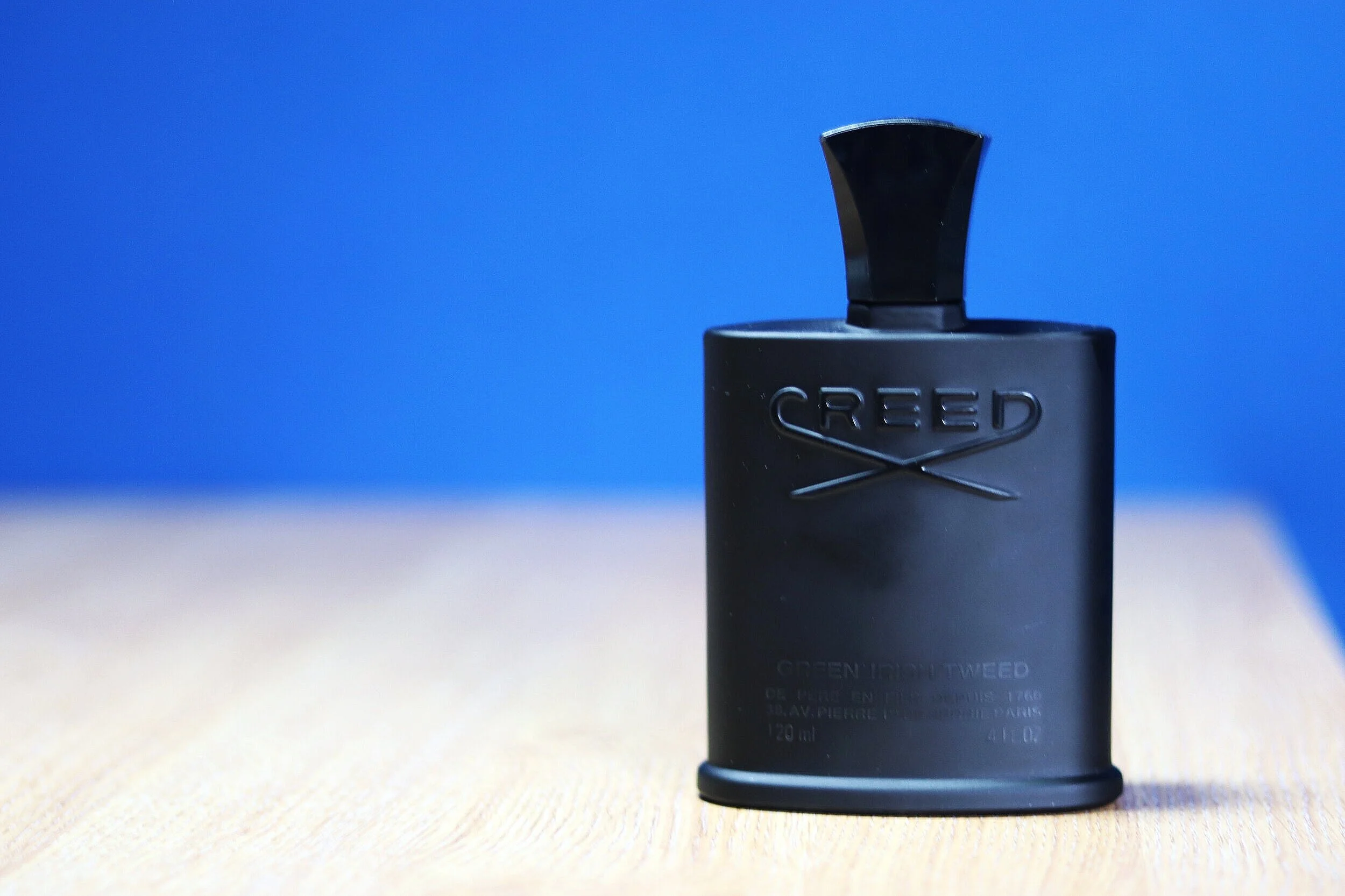Why do fragrances get reformulated?
3 minute read
Rest in peace seductive king…👑
What is a frag head’s worst fear? Overpriced products? Cheesy marketing campaigns? Lynx Africa? No. It’s when their favourite fragrance gets gutted after forming many life long memories with it.
A reformulation is when the types (or concentration) of ingredients in a perfume change. Not necessarily always for the worse (Dior eau savage Parfum anyone?), but yes usually for the worse (Dior Homme 2020…).
We have lost many legends to this cologne crime. Jean Paul Gaultier Le Male. Yves Saint Laurent La Nuit de L’homme. Tom Ford’s Oud Wood anyone?! But why would companies neuter their top sellers?
This phenomenon breaks down to three main reasons, and no it isn’t just to save money. Although, we will start with that reason.
Reason 1 - Money?
Rest in peace clubbing king…👑
‘Diluting’ a product to save money isn’t as common a reason for reformulation as you may think.
From my research, it seems that this usually occurs when business acquisition occurs, such as Tom Ford fragrances losing their beastly performance after being bought out by Estée Lauder.
These large business deals may be great for companies such as Tommy Hilfiger, Aramis and more recently Creed (bought out by BlackRock).
But us consumers may suffer once businesses consider a fragrance to have too many expensive naturals and start modifying its scent profile or even discontinuing it.
Reason 2 - Nature’s Resources
What’s going to happen to Creed Fragrances? 👀
A more common reason for reformulation or sometimes straight up discontinuation is nature. Higher quality fragrances rely on naturals to give them their complexity and beauty.
Some naturals such as Oud, which is formed very rarely from the rotting wood of an Agar tree, or Ambergris, a infrequent occurrence of Whale excrement being washed up on shore, are in short supply or are going extinct.
Sometimes companies know that they don’t have a sustainable supply of a material or they need to give nature a break. They will either replace that ingredient with a synthetic replica or will simply discontinue the fragrance.
Reason 3 - Rules & Regulations
Are regulators the reason this beauty was discontinued?
I’ll keep this simple. The fragrance industry is a highly regulated industry, with organisations such as IFRA and the EU constantly updating their rules & regulations to ensure that products are allergen-free.
This means that ingredients that can be essential for a fragrance can either be limited in it’s concentration amount or can be banned entirely.
Famous examples of this are Oakmoss (highly used in old school/elite perfumery, considered too allergenic) and ‘animal-based’ notes such as Civet or Castoreum (I’ll let you Google where these originate from).
These yearly regulations can be a challenge to perfumers as they have to adapt to using new ingredients or sometimes accept that the magic of a fragrance is gone without a certain element and, you guessed it, simply discontinue it.
Finishing Thoughts
It isn’t all doom and gloom. First, synthetic ingredients are becoming more advanced every day at replicating what we find in nature! Meaning, that although the perfumer’s toolkit is being restricted in some ways, it is also expanding in other ways with more safe and naturally sustainable raw products.
Also, with the Creed brand’s recent buyout, maybe we will finally see the end to the notorious batch variation that the house is known for. One can only imagine…
Until next time,
Omar




